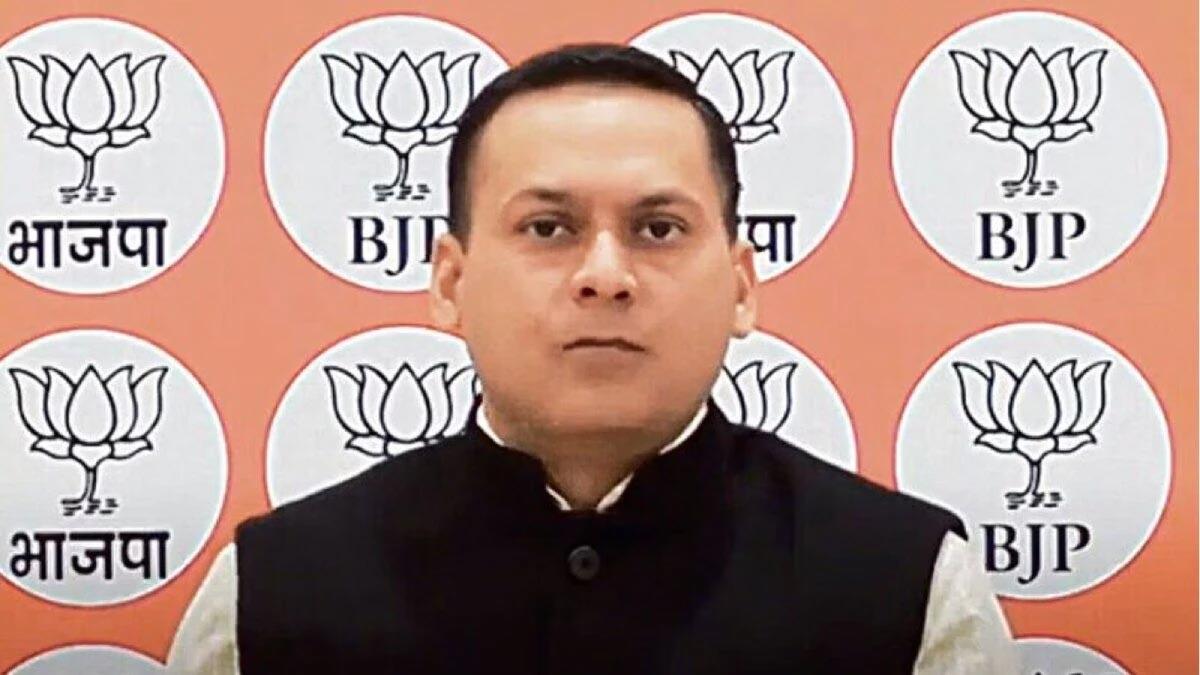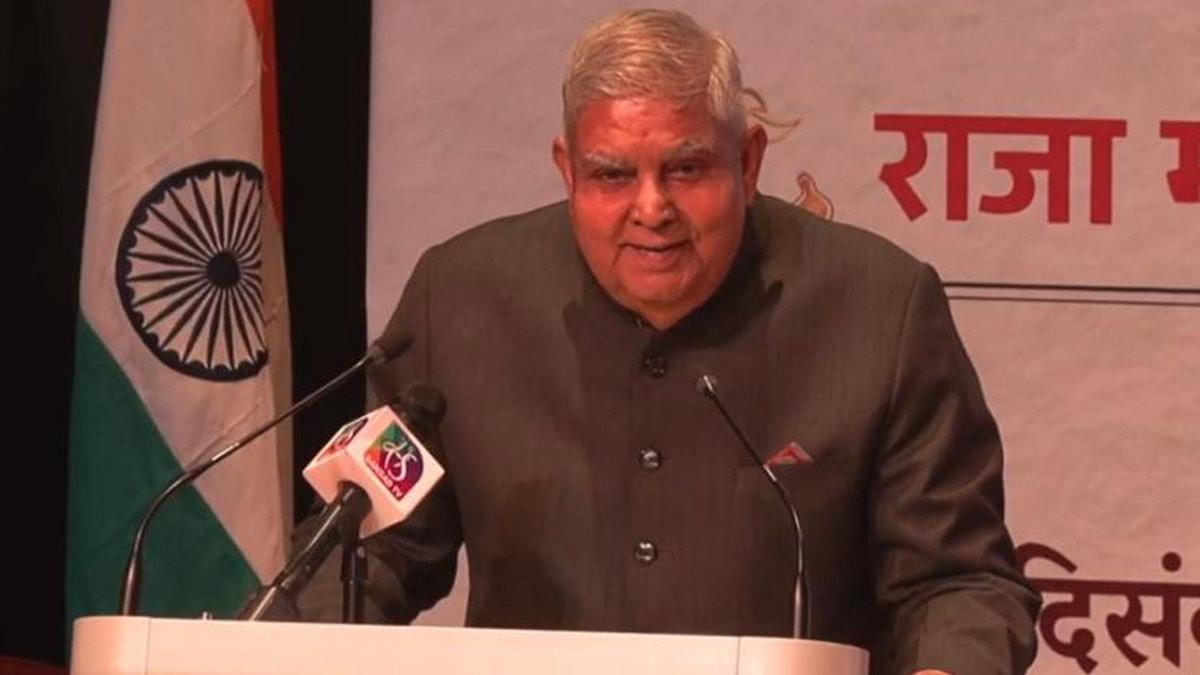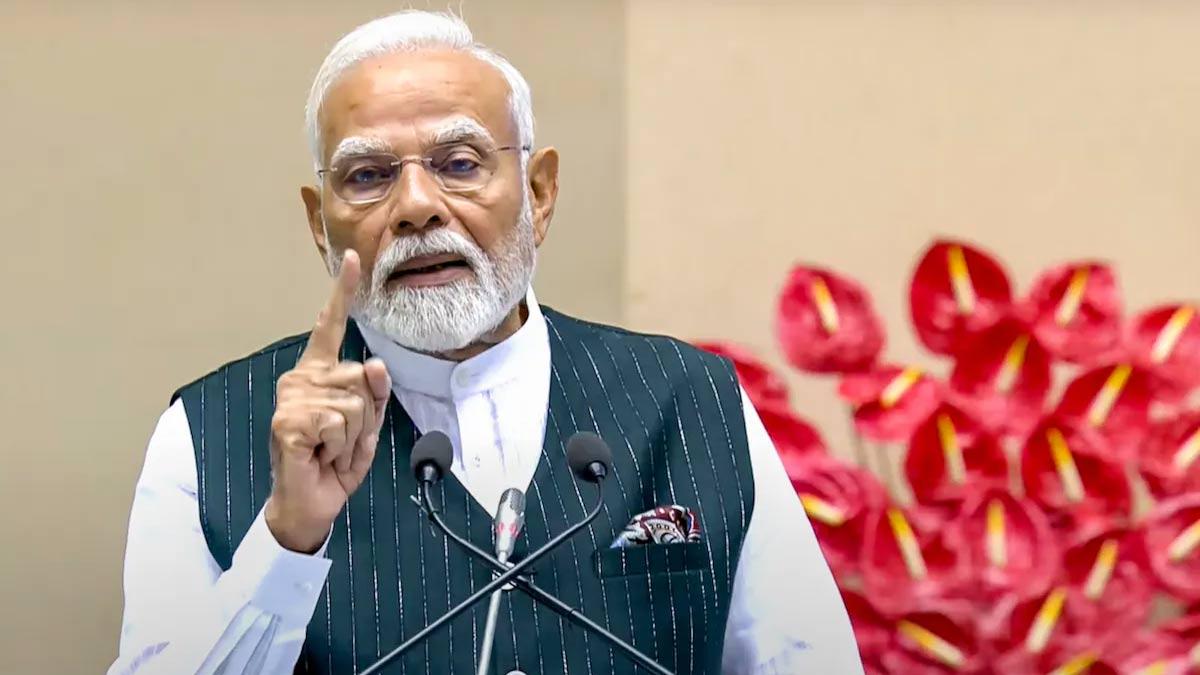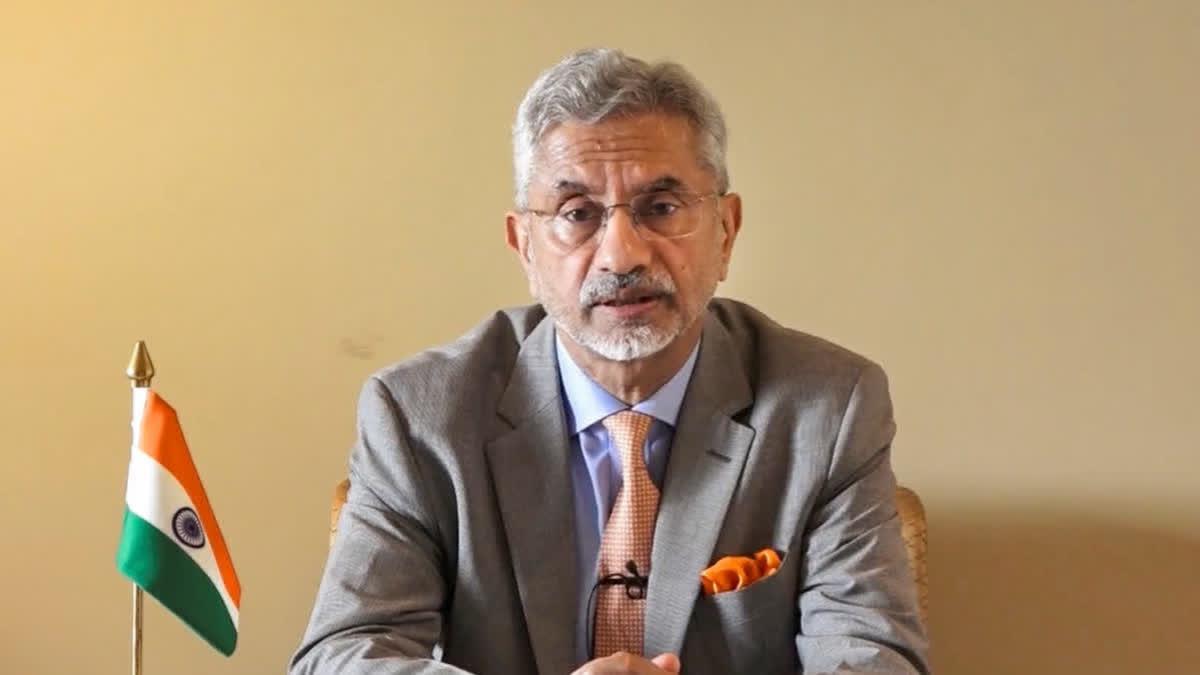During the latest episode of Mann Ki Baat, Prime Minister Narendra Modi shed light on the plight of the Musahar community in Bihar, emphasizing their significant marginalization within the state.
Highlighting the remarkable efforts of Bhim Singh Bhavesh, a prominent figure within the Musahar community, the Prime Minister lauded his dedication to improving the community's educational opportunities. Singh's initiative has resulted in the enrollment of 8,000 Musahar children in schools, setting the stage for a brighter future for these youngsters. Additionally, Singh has spearheaded the establishment of a library, enhancing educational facilities for the children and aiding in the acquisition of essential documents for community members.
Furthermore, Singh's contributions extend to healthcare, with over 100 medical camps organized to bolster the health of Musahar villagers, particularly during the peak of the COVID-19 crisis. His proactive approach also played a pivotal role in motivating locals to embrace vaccination efforts, showcasing the power of grassroots leadership in combating the pandemic.
Prime Minister Modi underscored the importance of individuals like Bhim Singh, whose altruistic endeavors contribute to the betterment of society. He emphasized that fulfilling our duties as responsible citizens is integral to nation-building.
Shifting focus to wildlife conservation, the Prime Minister highlighted the government's efforts in increasing tiger populations across the country. Notably, the Chandrapur Tiger Reserve in Maharashtra has seen a substantial rise in tiger numbers, reaching over 250. Innovative measures, such as the integration of artificial intelligence in conflict mitigation strategies, have played a crucial role in minimizing human-tiger conflicts.
Additionally, advancements in technology, exemplified by apps like 'Bagheera' and 'Garuda' developed by a Bengaluru-based company, are revolutionizing wildlife monitoring and management. These apps facilitate real-time monitoring of jungle safaris and provide instantaneous alerts through AI-powered CCTV integration, ensuring the safety of both wildlife and visitors.
The Prime Minister also lauded initiatives in tribal regions like the Melghat Tiger Reserve in Maharashtra, where tribal families have transformed their homes into homestays, promoting sustainable tourism and fostering economic empowerment.
Furthermore, the PM highlighted successful livelihood initiatives like goat farming in Kalahandi, Odisha, which have uplifted the socio-economic status of local communities. The exemplary work of individuals like Jayanti Mahapatra and her husband Biren Sahu, who established a goat bank and implemented innovative schemes to support farmers, exemplifies the transformative impact of grassroots initiatives on rural development.
In conclusion, Prime Minister Modi reiterated the timeless ethos of coexistence with nature and wildlife, emphasizing the importance of sustainable development and community-driven initiatives in fostering harmony between humans and the environment.
Read also | PM Modi unveils India's longest cable-stayed bridge 'Sudarshan Setu' in Gujarat


















